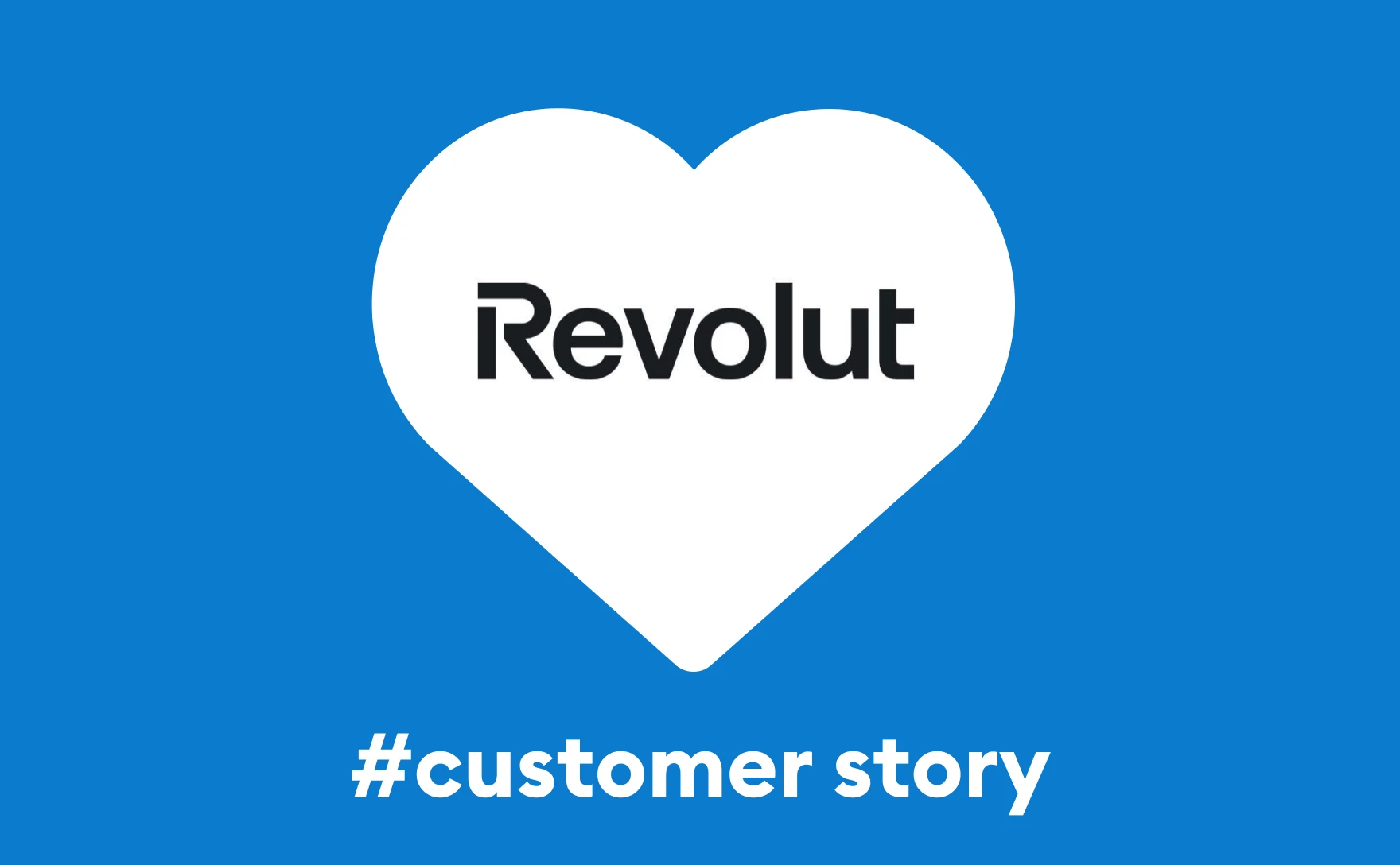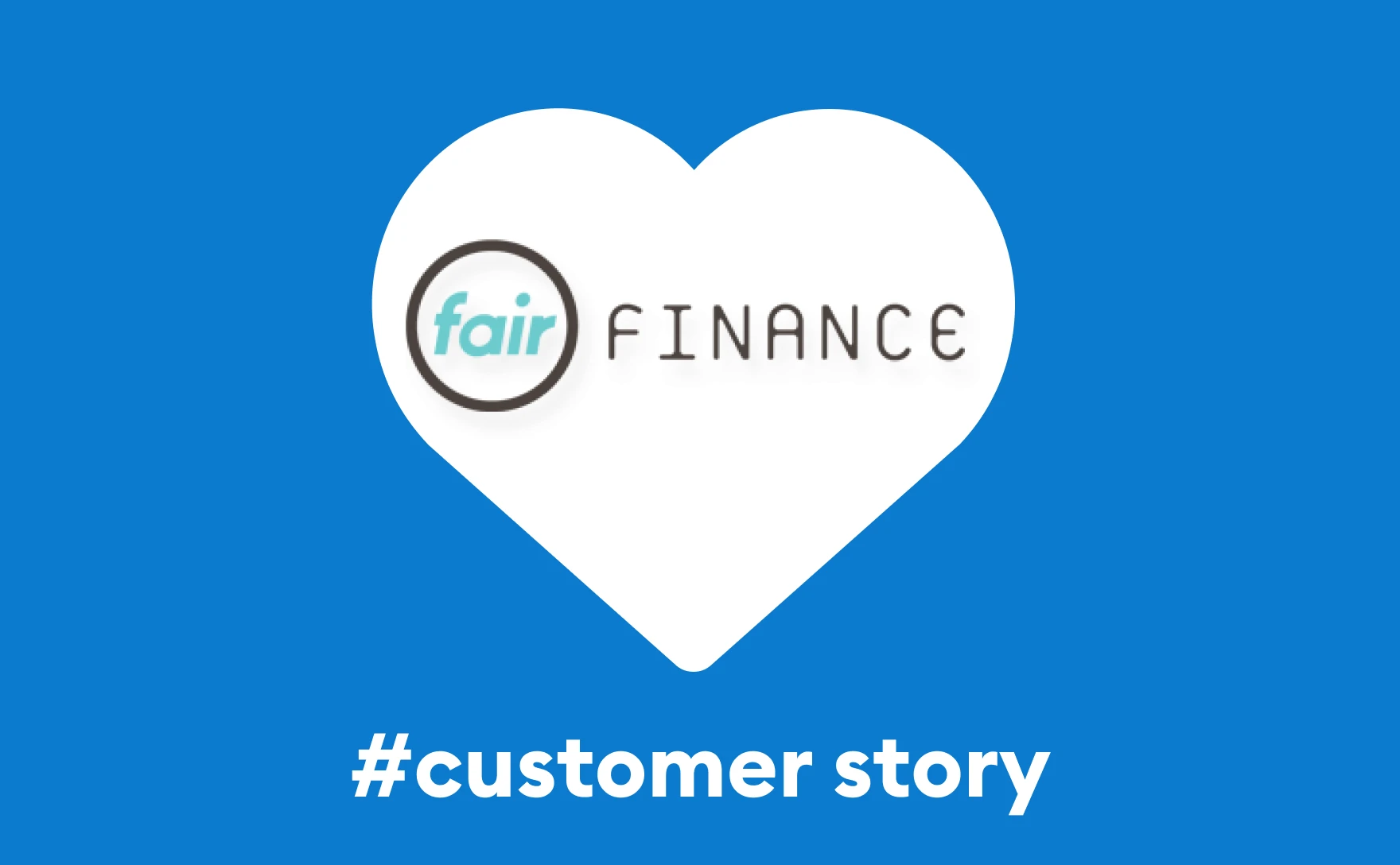How does Algoan's Credit Scoring API reshuffle the industry deck?

How can you be sure that someone will repay their loan? That's the question on the lips of every lending institution. To assess creditworthiness and reduce the risk of borrower default, decision models had to be created.
Since the 50s, statistical models have prevailed. In 1941, David Durand, then Professor of Management at MIT, suggested the use of statistics to aid credit decisions, particularly for personal loans. In 1956, engineer William Fair and mathematician Earl Isaac turned their attention to statistical models for credit granting. They founded a company, Fair, Isaac, and Company (FICO) - the originators of the famous FICO score in the USA - and delivered their first scoring model in 1958 to the American Investment and Finance Company.
These statistical scoring models proved far more effective at separating good risks from bad ones than a model based solely on the judgment of credit institution employees. This maximized the proportion of "good loans". Models have become more sophisticated over the years, but their principle has changed little. Today, they continue to be based on a mix of demographic, socio-professional and financial data.
After more than 60 years of loyal service, scoring models deserve to be reinvented. Not least with the arrival on the market of more comprehensive financial data - Open Banking data. Based on this data, a new scoring model is possible: APIBehavioral Credit Scoring . It not only optimizes the proportion of good loans, but also opens up access to credit to people who were previously excluded. This is what we are developing at Algoan. Youness Bounif, our Chief Product Officer, reveals how Behavioral Credit Scoring via API is reshuffling the cards in the credit sector.
The power of Open Banking data, accessible via API
In recent years, a new type of financial data has become available. This is Open Banking data. This evolution is either the result of regulations, or boosted by business opportunities.
- In Europe, it's the Second Payments Directive (PSD2) that has prompted banks to develop APIs. These enable third-party services, such as fintechs, to connect to them and retrieve customer data (with their consent).
- In the United States, it's a different story: the data revolution is being led by the players themselves, who have identified the business opportunity it represents.
Whichever approach you adopt, it's important to remember that Open Banking data is extremely powerful, enabling you to create scalable data models on an international scale. Why is this so?
- Data universality
Before Open BankingWith Open BankingScoring models are based on highly disparate data, and not just financial data. They vary radically from country to country. The data is the same for all countries where Open Banking is in force. These are people's banking data: accounts and transactions (description, amount, date, etc.). It's available everywhere.
- Universal treatment
Before Open BankingWith Open BankingTreatment differs according to a list of elements (single vs. couple, tenant vs. homeowner) and varies from country to country. Thanks to Open Banking data, credit applicants are assessed in the same way, regardless of their country of origin. The analysis is based on a study of their recent and up-to-date financial behavior.
- The end of silos between countries
Before Open BankingWith Open BankingSomecountries have creditbureaus, which provide access to a person's credit history and associated repayments. This is the case in the UK and the USA, for example. This information is tracked when the person applies for a loan. In France, there are no credit bureaus or positive files. There is only a negative file of people who have been refused a bank loan. If a lender wants to be present in several countries, it has to adapt its scoring model to local practices. The credit scoring approach is the same, whatever the country. Replicating the model from one country to another is easy. An additional layer of customization can be added to the common base to take into account the local context and further refine the scoring model. It's the partner, like Algoan, who manages the complexity. The credit scoring API provides a global presence, with no integration effort required on the part of the customer.
"At Algoan, our product is based solely and exclusively on Open Banking data. We then adapt our algorithms on a country-by-country basis, to obtain optimized scoring adapted to each country. This is totally transparent for our customers, as the complexity is managed on Algoan's side."
The benefits of a turnkey solution (API)
API's credit scoring is based on powerful data, providing unprecedented visibility into the financial behavior of borrowers. The proportion of "good loans" is optimized, while giving access to credit to people who were previously excluded (self-employed workers, for example).
The Credit Scoring API is also revolutionizing the market, offering lenders 4 significant advantages.
- Remove barriers to entry for lenders
Why, until recently, have there been so few institutions offering loans other than banks? The reason is simple: the difficulty of entering the market. In France, for example, with no credit bureau or positive file, it meant developing your own scoring model, based on socio-demographic data. On the one hand, it's not easy to build, and on the other, it's not very accurate. Even in countries where credit bureaus are present, it represents a huge entry cost (from €50,000 to €500,000, depending on the country). There was therefore a significant barrier to entry for establishments wishing to set up in France, but also for those wishing to expand abroad.
With the Credit Scoring API, the creditworthiness of borrowers is assessed on the basis of reliable, universal financial data. Barriers to entry disappear for new entrants to the credit industry, and this naturally opens up the market to competition. This is always good news for consumers, who have more choice.
- Making credit scoring a convenience
Developing a proprietary scoring model was a major stumbling block for lenders. While the skill is complicated to acquire, it is important to ensure that the default rate is not too high. In some countries, such as the USA, credit scoring is already a commodity, with the FICO score. However, it does not address the entire population. People who have never taken out credit before, or those from abroad, are not included. They are outside the ecosystem and therefore excluded from credit.
Almost everyone has a bank account, and carries out transactions associated with it. With Open Banking data, the credit score accurately reflects a person's financial behavior. The credit scoring API developed by Algoan is more accurate than other scoring models, and requires no additional effort on the part of the customer.
- Facilitating international development
Until now, replicating a scoring model in other countries has been tedious and (very) expensive. You practically have to start from scratch when building your model. And the cost of implementation is exorbitant. Just imagine that the entry fee charged by credit bureaus has to be multiplied by the number of countries in which the institution wishes to expand.
With Algoan's API, an establishment can set up in a new country almost instantaneously.
"Going from country A to country B is easy, at no extra cost, with credit scoring by API."
The strength of the Freemium business model and API calling
Test the solution before you buy? Impossible in the world of credit. At least not before Algoan.
Until now, to start using a credit scoring product, you had to talk to the company, negotiate (long) and pay (expensive). We have opted for a freemium business model, meaning that part of our offer is free.
"Start-ups, fintechs, credit and BNPL companies can implement our scoring solutions autonomously, in self-service. Our free offer is limited to a defined number of API calls. If you have a limited use of credit scoring, you can remain in free mode. For more functions and services, you'll have to switch to our pay-per-use offers.
Why did you choose a freemium model? It allows companies to test our solution, without any price barrier, before going into production.
"It's perfectly normal for customers to want to test the credit scoring product before making a commitment. It's often a core module for them. We're confident enough in our product to offer it free of charge. Once customers have been convinced by their initial tests, they can keep their free access if their usage is low, or switch to our paying offer if they have high volumes and want more features and support. It's a very virtuous model. "
We've also adopted apay-as-you-go pricing model. So there's no need to pay more than users consume.
The strong trend in financial services is towardsembedded finance. In other words, offering off-the-shelf solutions, by integrating blocks of technology built by other companies. This is what we do at Algoan with our credit scoring API, particularly for fintechs. These companies often adopt an international positioning from the outset. We support their development by offering them a credit scoring module that enables them to conquer new markets almost instantaneously. The Credit Scoring API works better and works everywhere.
You may also be interested in
A project? A question?
Would you like to change the way you make credit decisions? Let's talk!



